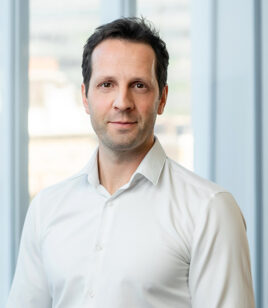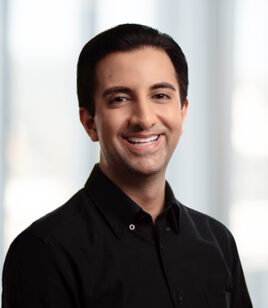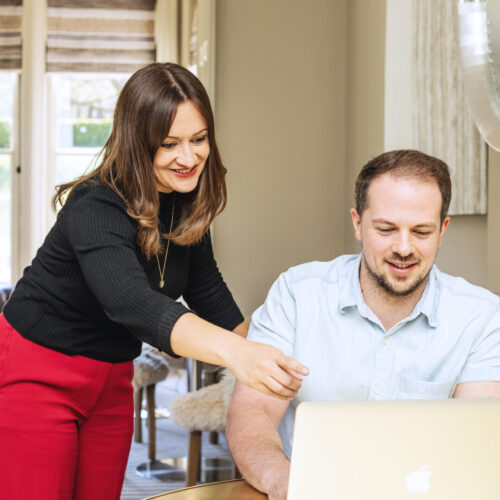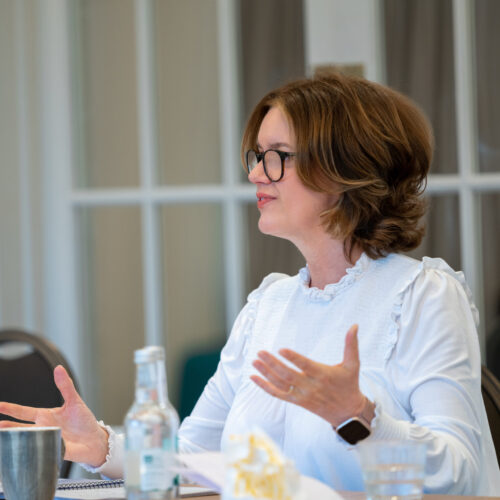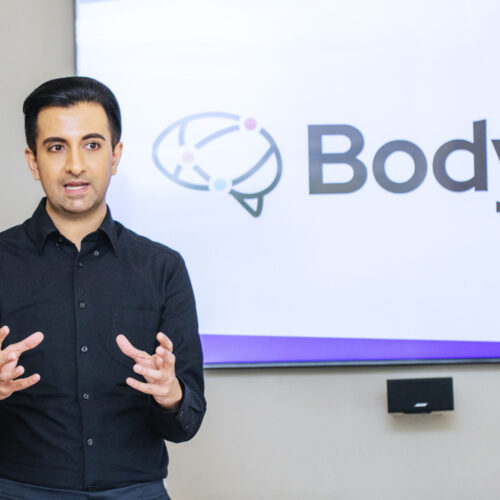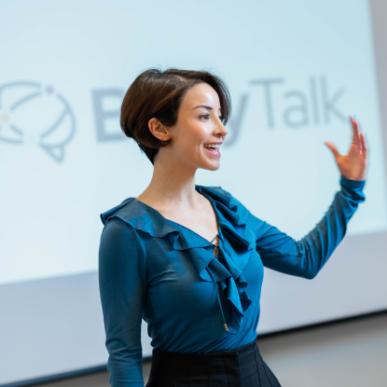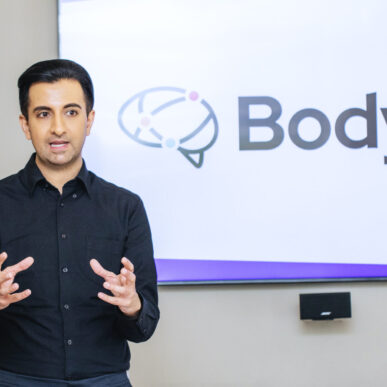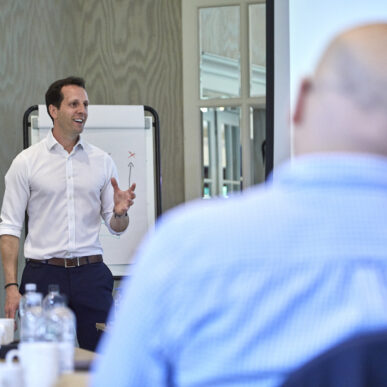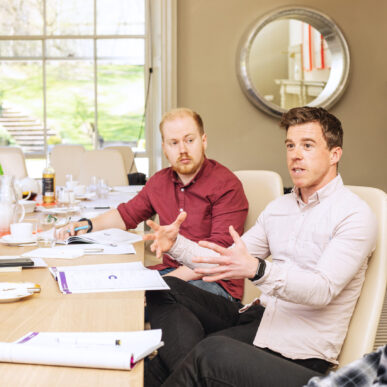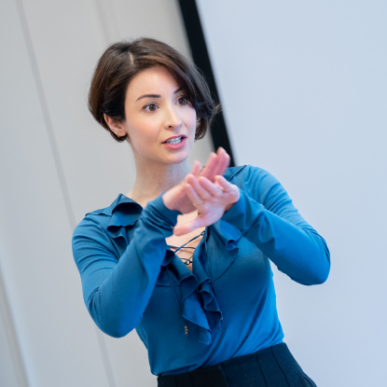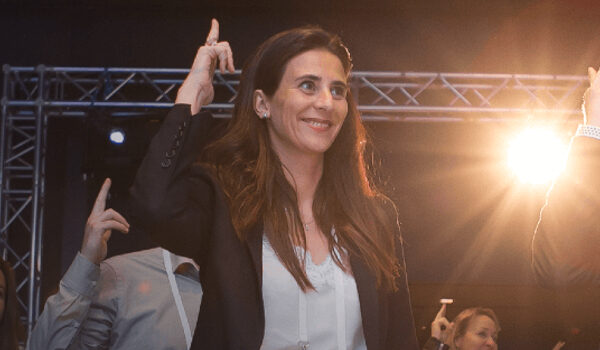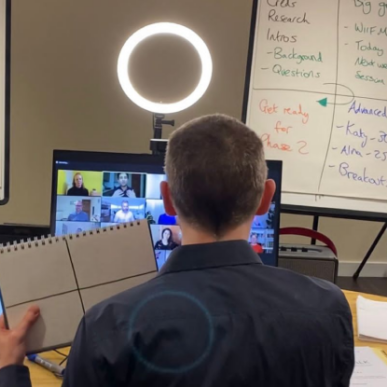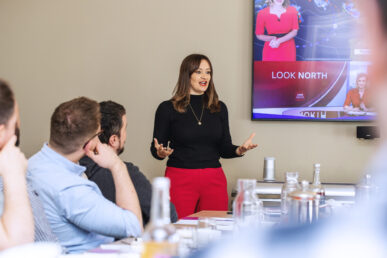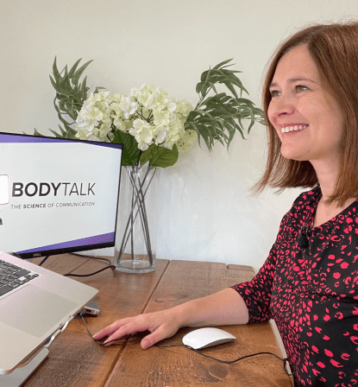Introduction to Scientific Communication for Pharmaceutical Teams
Relationships, trust and credibility are the main currency in the pharmaceutical industry, so it’s more important than ever to convey knowledge and professionalism with confidence and clarity, to gain the HCP’s trust and respect. Effective communications in the pharmaceutical sector requires a specific skill set.
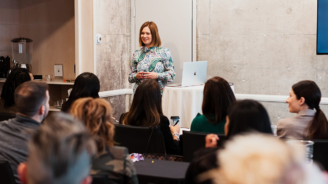
“The course you delivered was the best I have experienced in my career. Even skeptical people were quickly won around and delighted by the results. We are keen to now roll this out for the leaders in our business.”
Carol Campbell Buying DirectorTraining overview
This communications course is specifically aimed at the needs of pharmaceutical sales teams and medical science liaisons. With a clear structure based on how the brain best receives and processes information, you and your team will be able to take complex, technical data and translate it into clear business stories that are both concise and memorable.
We also reveal scientifically proven techniques to increase confidence during presentations, to achieve more impact and more positive responses to your ideas and information. You will also learn how to gain a deeper understanding of the motivations of the people you meet, and judge how they make decisions.
When you and your team build a deeper rapport with an audience, tailor how you speak and act and at the same time clearly convey important business messages people need to hear, the results will be exponential. The main aim will always be to build trust and improve your relationships with HCPs, key opinion leaders (KOLs) and stakeholders.
Module 1
Structure & Scripting
Using the ‘GRID’ method to focus your message through script, structure and storytelling. Discover how to focus your ideas and content so they completely engage your audience with the most proven system in the world for building a story and persuading people.
Module 2
Visual Aids
Learn techniques applied by TV journalists to enhance your ideas, make your presentations or pitches more memorable, and escape ‘Death by Powerpoint’. See how successful presenters have used visual aids to more effectively communicate their message.
Module 3
Body Language
Develop your presence, authority and persuasion skills by learning the six key body language techniques used by great communicators. Then learn how to apply them to achieve maximum impact and influence in your meetings, pitches and presentations.
Module 4
Vocal Impact
Bring your voice to life. Learn advanced techniques used by actors, newsreaders and great public speakers to engage, convince and speak with authority, as well as how techniques vary for online and in-person scenarios.
Module 5
Objection Handling
Discover the ECPC principles for objection handling and having more meaningful conversations. Learn how to handle questions and objections so that you build relationships, rapport and respect – both for your ideas and your team. Make your colleagues feel valued through stronger, more reciprocal relationships.
Module 6
Questioning & Listening Skills
Learn the ‘3 Levels of Questions’ that allow you to get to the root of the problem and gain a greater understanding of the people you meet and how they make their decisions. Understand how to build deeper connections with open questions (empathy vs. sympathy) and tailor what you say based on what your audience needs from you.
Meet your coaches
Communication specialists drawing from a wealth of techniques and experience in broadcasting, journalism, national television and theatre.
Frequently Asked Questions
Have any questions? We’re here to help
Can I customise my training to include multiple courses?
We are happy to build a training solution that fits your time, budget, and goals.
How do I prepare for a training session?
Our Client Services team will liaise with you to ensure all the timings, logistics and room/tech requirements are agreed ahead of the event. We also ask all delegates to complete a short questionnaire to help us understand individual challenges and goals. For some of our courses, we’ll ask you to bring a short presentation to work on. Otherwise, we just ask you to come with an open mind and be willing to learn.
What happens after I complete a training session?
We provide detailed workbooks for the training and encourage delegates to fill them in and refer to their notes regularly after the session. We also have a suite of blogs, podcasts and videos to support the learning.
What is included in with On-Demand training?
You’ll have access to your training instantly, anywhere in the world, at any time for a 3-month period, along with a digital PDF workbook to download. We also include an audiobook with 7 hours of additional content to deepen your learning.
What is the difference between one, two and three-day courses?
Simply, additional modules and learning plus more coaching time. We understand that time and budget are sometimes limited, so we offer one-day courses to provide a valuable foundation. Adding on additional days allows you to dive deeper into communication and presentation skills through advanced body language and managing difficult conversations to questioning, listening, and peak performance mindset. We are happy to tailor the training to meet your budget, time and goals.
What is the ratio of trainers to learners?
This depends on the type of training you’re looking at. For group training, our ratio is typically one trainer to four delegates; this allows for plenty of individual coaching and feedback. Our masterclasses are generally hosted by one presenter and up to 100 people.






